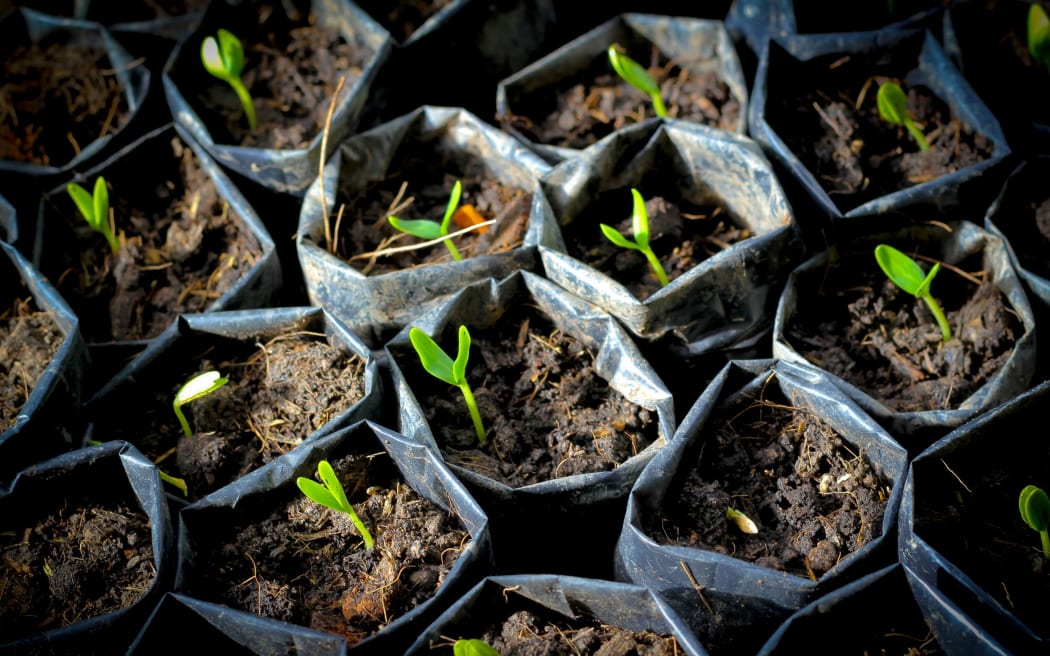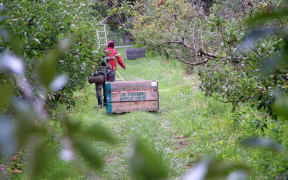The Ministry for Primary Industries is seizing 55,000 fruit tree cuttings because of defective paperwork but the nursery industry says it's just a bureaucratic error.

(file photo) Photo: 123rf
It says the imported material is almost certainly clean and the Ministry of Primary Industries agrees there is no evidence of bugs or other biosecurity dangers.
But the ministry said it had no choice but to seize the plant material as a precautionary measure.
The cuttings were imported from 2012 through to 2017.
An audit in March found incomplete and incorrect record-keeping at a US company that sells cuttings for apple, cherry and other summer fruit trees to New Zealand.
The ministry immediately halted all imports from the company and began seizing 55,000 plants from five nurseries and a small number of growers.
New Zealand Plant Producers Incorporated said it strongly supported biosecurity in principle.
But its chief executive, Matthew Dolan, said the seized plant stock has been caught up in a bureaucratic error, and was clean.
"It's been through a really rigorous quarantine process in America for about three years and then another two years in New Zealand," he said.
"There have been a lot of eyes looking at this material. There is no real concern about its biosecurity status - it really about the documentation and record keeping relating to importation of the material."
Mr Dolan said the seized plants would be sealed off and then stored at the nurseries themselves. Many would need to be destroyed and that could be costly.
"There is the immediate value of the trees that MPI is seizing, but then in the future this material would be propagated into thousands of fruit trees and I guess the value of losses would grow over time."
He said the seedlings represented new varieties of fruit, so 10 years of breeding work could be wasted.
'We did need to go this far - the goods are unauthorised'
Ministry biosecurity response manager John Brightwell said he had no choice but to take a precautionary approach and act fast.
"These actions demonstrate how seriously we take biosecurity and the high expectations we place on the assurances given by our overseas trading partners.
"We did need to go this far - the goods are unauthorised and it is illegal to hold them," he said.
"We seized them, to take the legal liability off the current possessors. We will work with the affected nurseries to retain the highest valued material if possible.
"It is however likely that many of those imported cultivars will need to be destroyed."
Mr Brightwell told Morning Report there was no evidence of pests and diseases being brought in on the tree cuttings, but because of the missing or incomplete documentation the ministry had no confidence the material met the import health standard.
Mr Brightwell said the nurseries should approach their insurers or the US supplier to cover these losses.
There would not normally be compensation from the ministry but ex gratia payments could sometimes be made.
He said he was working with US authorities to investigate the problem further, and work out the health status of the 'mother plants' from which the imported material was derived.



